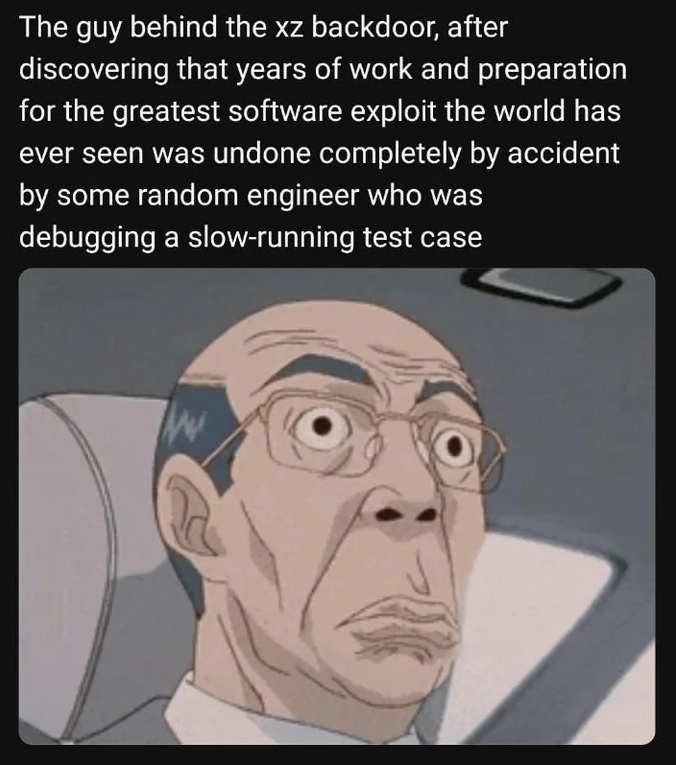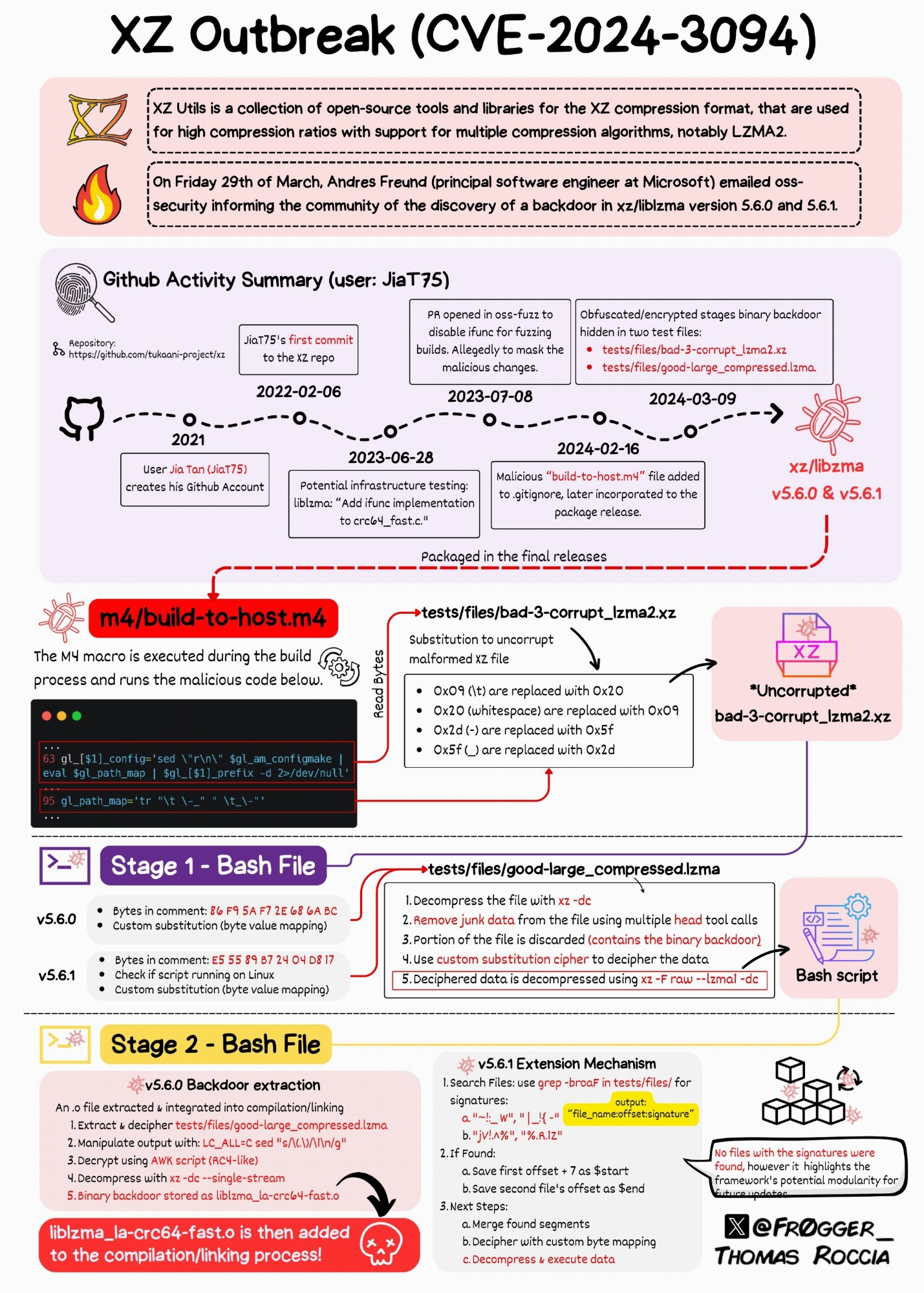Ubuntu was also delayed a week due to the xz situation.
https://www.phoronix.com/news/Ubuntu-24.04-Beta-Delayed
There seems to be a mass exodus from xz, and there seems to be benefits from it.
https://www.phoronix.com/news/CachyOS-April-2024-Released
Probably overdue anyway, even ignoring that it's backed by infinite money. Zstd is just a straight up better choice most of the time.
![[H]ard|Forum](/styles/hardforum/xenforo/logo_dark.png)


